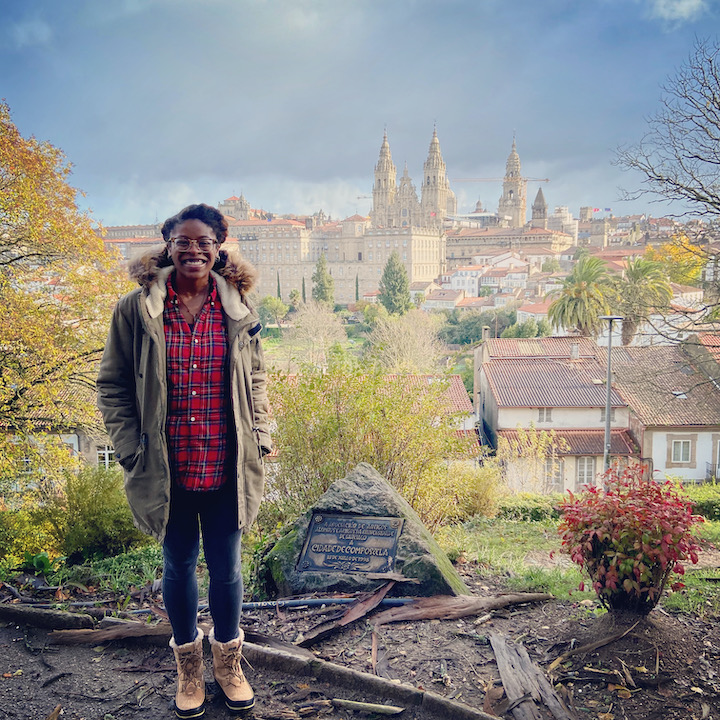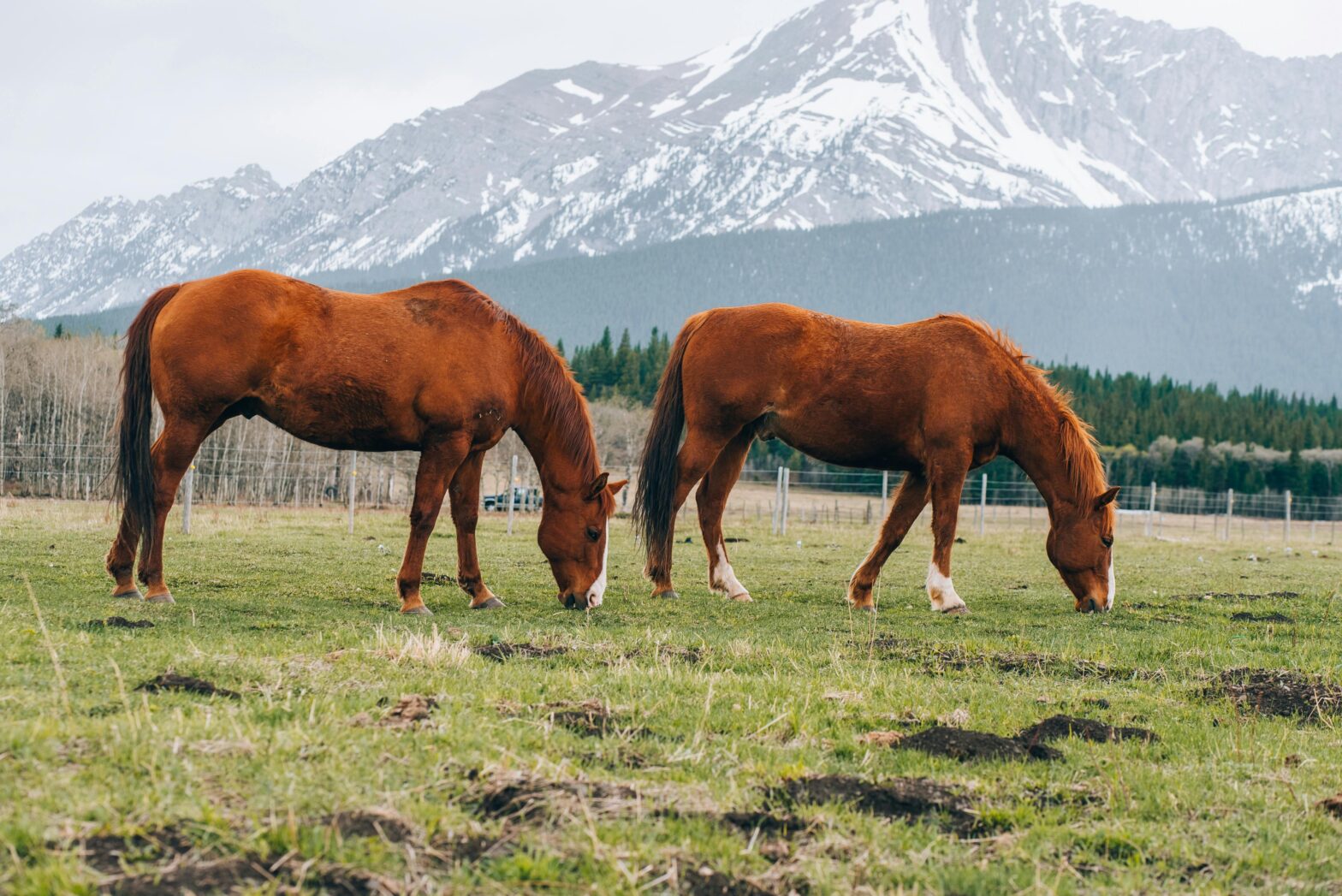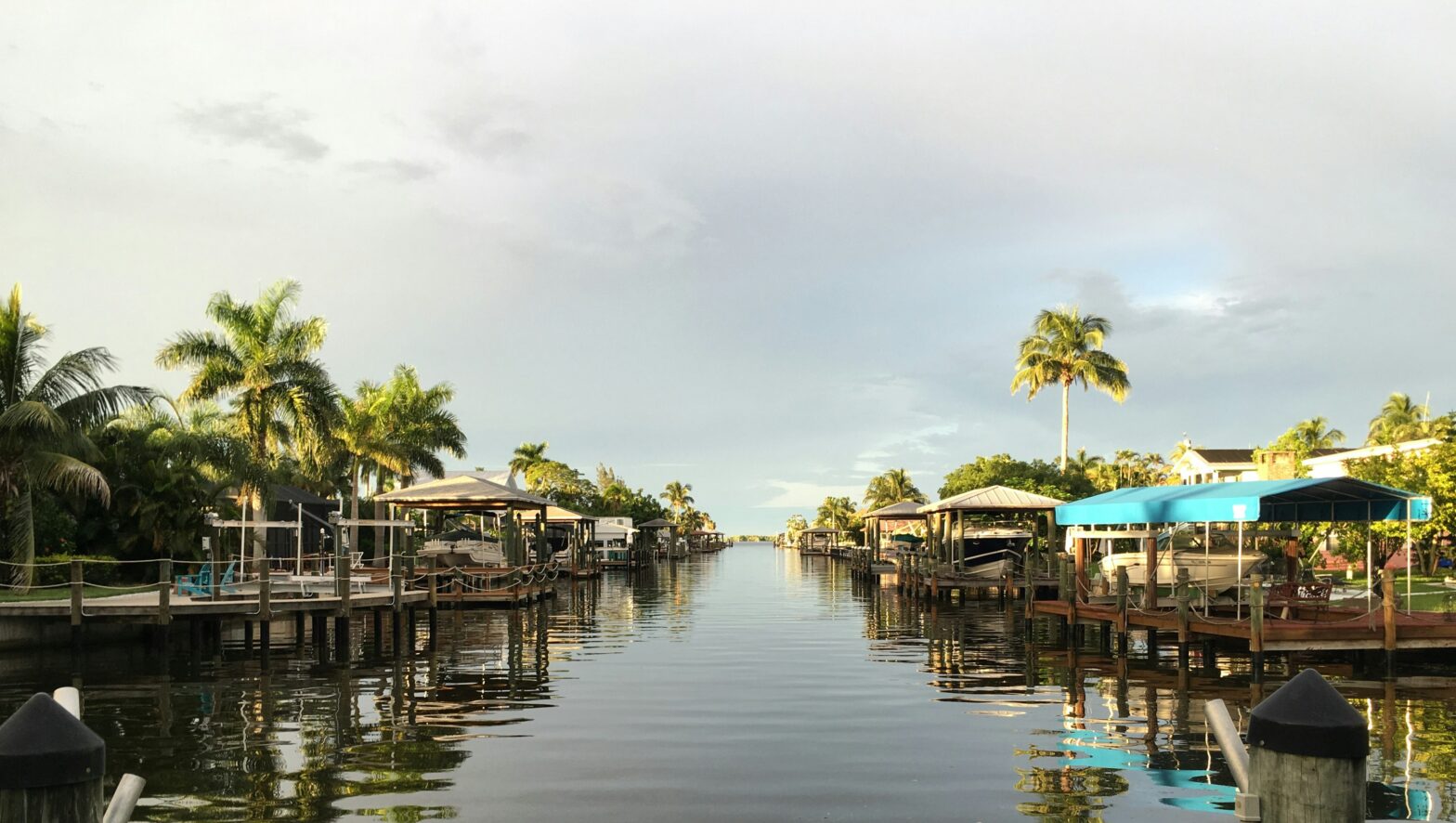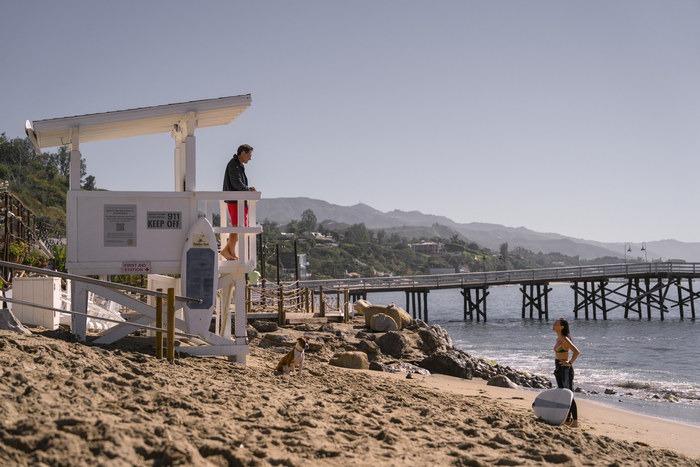Brain health is all the hype nowadays, and we’re here for it. After a moving performance from Will Smith in Concussion highlighted the effects of brain damage from sports, the world is learning how to care even better for our brains. According to the Centers for Disease and Control and Prevention, in 2018 it was estimated over 223,000 Americans were hospitalized due to a traumatic brain injury.
Unfortunately, I became one of those statistics, sustaining a brain injury from collegiate sports. What seemed to be the start of a professional volleyball career quickly turned into a sentence for relearning how to care for my brain and heal. I was concussed and living with a newfound disability.
Traumatic brain injuries (TBI) or concussions are defined as a swift blow to the head which affects the function of the brain. In fact, it can affect all aspects of the body physically, mentally, emotionally, cognitively and sleep patterns. The list can be quite exhaustive, as personally I struggled with brain fog, pain, migraines, dizziness, depression, difficulty concentrating, sensitivity to light and more. Recovery seemed quite grim as the months passed along.
One month quickly turned into three and in a blink of an eye, it was the anniversary date of my TBI. Same symptoms, different year.

During this time, there was one thing I couldn’t shake even amidst the enduring pain — my dream to travel the world. With a newfound disability, I didn’t believe it was possible. Many doctors insisted on learning to live life with this new disability and assured me this brain injury would be a life-long friend. I refused to accept this, knowing that wellness was my birthright. Frightened, yet enthralled with the idea of moving abroad, I applied to a program and a couple of months later, I was on a flight to Santiago de Compostela, Spain to teach English.
Moving to a new country alone with a disability was terrifying. Would I be able to care for myself? How would I heal? Did I make a mistake? These were some of the biggest barriers living in a foreign country with a disability. Yet the more time I spent in the gorgeous city of Santiago de Compostela, the more I found exactly what I needed to heal my brain.

Santiago de Compostela is located in the region of Galicia, Spain. Known for the camino de Santiago, thousands of tourists come to trek this path for personal and spiritual reasons. Some come for the healing aspects of nature, while others wander along, making connections with fellow pilgrims.
While I didn’t choose my placement city for teaching, the Universe put me exactly where I needed to be. Forest bathing in the pristine nature of Santiago became my ritual, creating deeper intimacy with myself and simultaneously with nature. Little did I know this practice, also called forest therapy, is a powerful tool for healing and improving wellness. According to the Association of Nature & Forest Therapy, some powerful benefits include general healing, reducing depression, boosting immunity and respiratory health.
Forest bathing was one piece of the healing jigsaw puzzle. Another major component in my healing journey was learning Spanish. Learning a foreign language forces your brain to create new connections and memories. Since I practiced Spanish daily, it naturally forced my brain to flex those ‘brain muscles’, allowing it to strengthen and grow. Every “gracias” and “qúe tal” used in conversation with a stranger was building confidence and improving my brain’s cognition.

Lastly, embodying mindfulness while traveling in Spain was a game changer when traveling with a disability. Since I was there for a year, I made it a priority to visit other cities in Spain. Mindful travel is all about traveling slowly, expressing gratitude, finding joy and immersing yourself in the culture. Instead of traveling quickly to each destination, this form of travel requires you to slow down to embrace and support the local community. Practicing this taught me better sleep hygiene, to laugh more, and that it’s possible for my body to fully heal. After a year overseas, I returned to the states with more tools to use as I trekked along the journey to healing my TBI.
The biggest prevention is awareness. This month, March, is brain injury awareness month. It’s a powerful movement that supports those with TBIs and encourages others to care for their brain.
In a way my life has come full circle, since now as a certified wellness travel coach and wellness travel blogger, I love empowering anyone who wants to see the world to do so. Allowing the techniques I’ve learned about mindfulness, adventure and outdoor travel to help others break through their own struggles and do the thing they love — travel the world.





